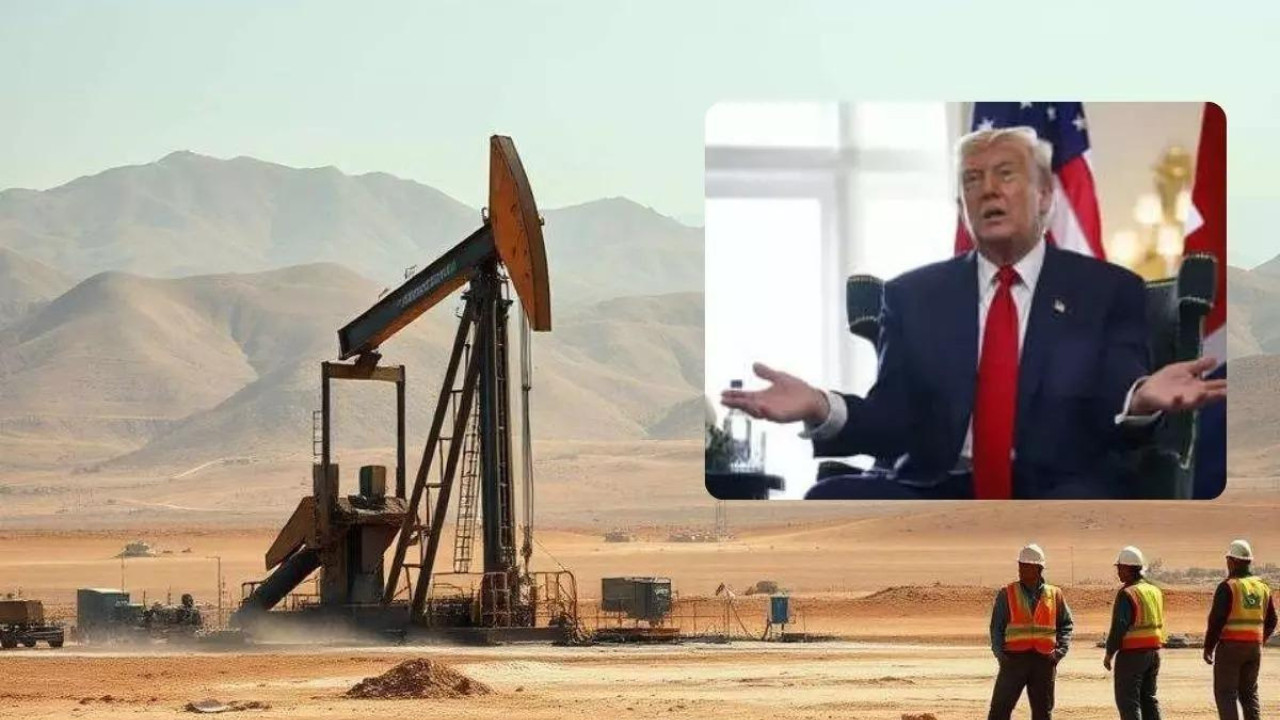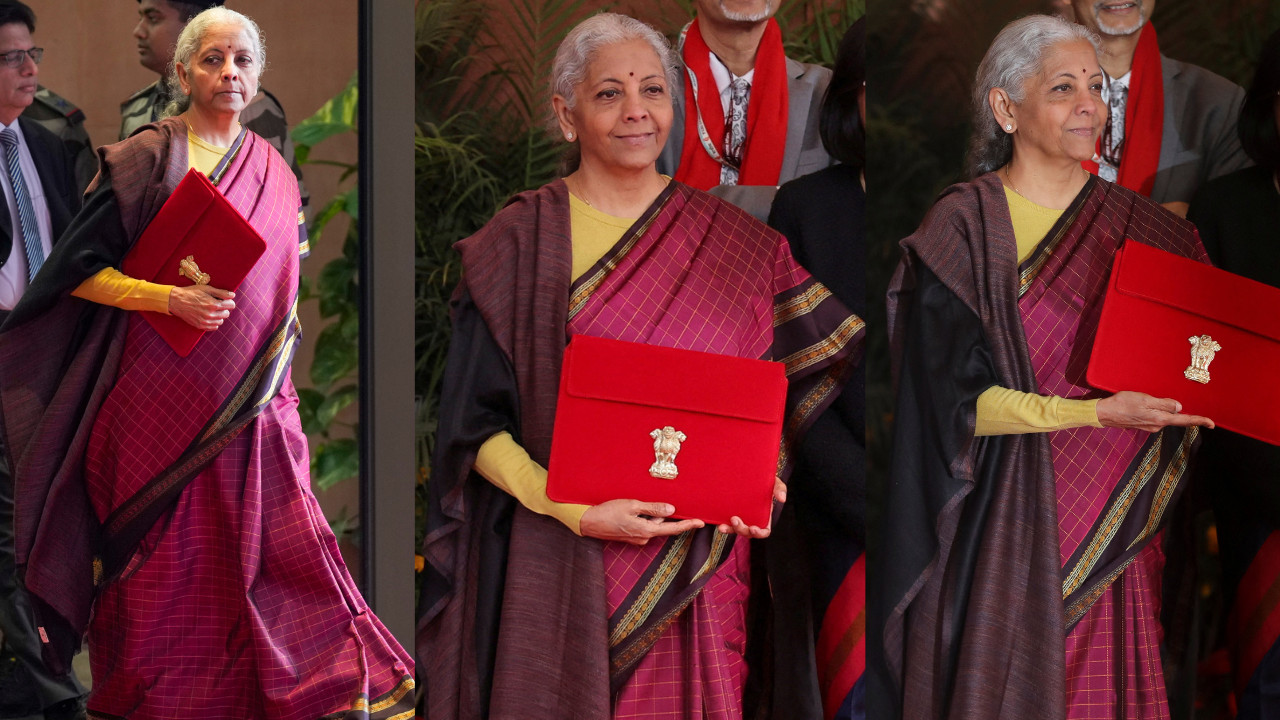Donald Trump’s announcement of a deal to develop Pakistan’s oil reserves is viewed with skepticism. Experts suggest it’s a strategic move to counter China’s influence and pressure India on trade, rather than a reflection of Pakistan’s immediate hydrocarbon potential. The viability of these reserves remains unproven, requiring significant investment and time, especially given the risky locations.
Oil and Alliances: Is Pakistan Pivoting Away From China?
For years, Pakistan has been considered one of China’s closest allies, a cornerstone of its Belt and Road Initiative and a recipient of significant Chinese investment. But recent developments suggest the geopolitical landscape might be subtly shifting, particularly in the realm of energy. Could a budding relationship with the United States, sealed with the promise of Pakistani oil deals, signal a move to diversify partnerships and perhaps even subtly counterbalance China’s influence?
The whispers started with a seemingly straightforward announcement: Pakistan is exploring opportunities to import crude oil from the United States. On the surface, it’s a practical move aimed at securing the nation’s energy needs and potentially diversifying its supply chain. However, dig a little deeper, and the strategic implications become far more intriguing.

The Geopolitical Undercurrents
Pakistan’s reliance on China has grown steadily over the past decade, particularly in infrastructure development and financial assistance. The China-Pakistan Economic Corridor (CPEC) represents a multi-billion dollar investment aimed at connecting western China to the Arabian Sea through Pakistan. This partnership has undoubtedly brought economic benefits, but it has also fostered a dependency that some within Pakistan are now questioning.
The timing of these potential Pakistani oil deals is critical. Washington has been actively seeking to counter China’s growing global influence, especially in regions of strategic importance. Encouraging closer ties with countries like Pakistan, even through economic means like energy agreements, could be seen as a strategic move to limit China’s regional dominance.
Think of it as diversifying a portfolio – Pakistan, heavily invested in the “China” asset, might be looking to add a “US” asset to spread the risk and increase its overall stability. This isn’t necessarily about abandoning its relationship with China, but rather about achieving a more balanced and independent foreign policy.
Economic Imperatives Drive Strategic Choices
Beyond geopolitics, economic factors play a significant role. Pakistan faces persistent economic challenges, including energy shortages and a struggling economy. Sourcing oil from the United States could offer several advantages. It may provide access to more competitive pricing, diversify supply routes, and potentially foster stronger economic ties with a major global player.
Furthermore, the United States has been keen to present itself as a reliable alternative partner, offering economic assistance and investment opportunities. These overtures are likely designed to be attractive to a nation seeking to stabilize its economy and reduce its dependence on any single country.
This pursuit of economic stability makes the prospect of Pakistani oil deals even more appealing. Any deals resulting from this could provide a much-needed boost to the country’s economy and contribute to greater energy security.
India’s Perspective
These developments are also undoubtedly being closely watched in India. While India and Pakistan have a historically complex and often fraught relationship, any shift in Pakistan’s geopolitical alignment is of significant interest to New Delhi. A Pakistan less beholden to China could potentially lead to a more stable regional environment, although the details of any potential agreements and their impact remain to be seen.
For India, a diversified Pakistan could offer opportunities for increased regional cooperation and trade. However, it could also introduce new complexities, requiring careful diplomacy and strategic engagement.
The Road Ahead for Pakistan and Its Alliances
The future of Pakistan’s relationship with both China and the United States remains uncertain. It is unlikely that Pakistan will completely abandon its close ties with China, given the significant economic and strategic investments already made. However, the pursuit of Pakistani oil deals with the U.S. indicates a desire to explore alternative partnerships and reduce its reliance on any single nation.
This represents a calculated move by Pakistan to navigate a complex geopolitical landscape, balancing its economic needs with its strategic interests. The success of this strategy will depend on a number of factors, including the willingness of the United States to engage consistently, China’s reaction to these developments, and Pakistan’s ability to maintain a balanced foreign policy.
Ultimately, whether this marks a true shift in Pakistan’s geopolitical orientation or simply a pragmatic move to secure its energy needs, the coming months will be crucial in determining the long-term implications of these evolving relationships. It highlights the delicate balancing act that many nations face in a multipolar world, navigating complex alliances and seeking to secure their own interests in an ever-changing global landscape. Will Pakistan successfully broaden its alliances? The answer to this complex question will reshape regional dynamics.







